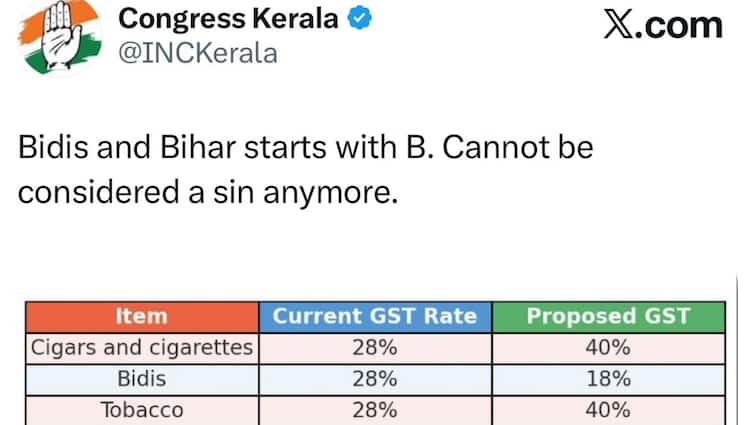The anticipation around the 8th Pay Commission has been steadily building, with millions of central government employees and pensioners awaiting clarity on their salaries and benefits.
While the commission is officially likely to be established in 2026, its recommendations are not expected to take effect until early 2028.
However, the implementation will be applied retrospectively from January 2026, ensuring arrears are credited once the final framework is in place.
Salary Hikes Driven by Fitment Factor
At the heart of the changes lies the “fitment factor”, the multiplier applied to basic pay to determine the revised salary structure. Experts project that this factor could range between 1.83 and 2.86. Based on these estimates, employees may see their salaries rise by approximately 13 to 34 per cent.
The current Dearness Allowance (DA), which stands at 55 per cent, is expected to be reset and merged into the basic pay from January 1, 2026, reported NDTV. While this could moderate the net increase, employees and pensioners will still benefit, particularly because pensions are directly tied to both basic pay and DA.
Allowance Cuts Likely
Much like the 7th Pay Commission, which reviewed nearly 200 allowances and abolished 52, the new commission is expected to rationalise smaller allowances. Travel allowance, special duty allowance, and certain regional allowances may either be merged or removed altogether. The idea is to create a more transparent and simplified pay structure while focusing the bulk of benefits on basic pay and DA adjustments.
This approach mirrors the path taken previously, which aimed to balance efficiency with fairness, while reducing administrative complexity in payroll systems.
Who Stands to Gain
Nearly 49 lakh central government employees and 65 lakh pensioners are expected to benefit directly from the changes. For pensioners, the merging of DA into basic pay will prove especially advantageous, ensuring higher pension payouts and more predictable adjustments in the years ahead.
Timeline and Expectations
Although the government has announced the formation of the 8th Pay Commission, the official notification detailing its members and Terms of Reference (ToR) is still awaited. If previous timelines are any guide, it may take until early 2028 for the final recommendations to be rolled out. Nonetheless, the retroactive application from January 2026 means that once the pay scales are formalised, arrears will be settled accordingly.
For now, employees and pensioners must await further clarity on the commission’s detailed proposals. Still, expectations are high that the 8th Pay Commission will deliver a meaningful salary boost while simplifying a complex allowance system that has often proved cumbersome in practice.



